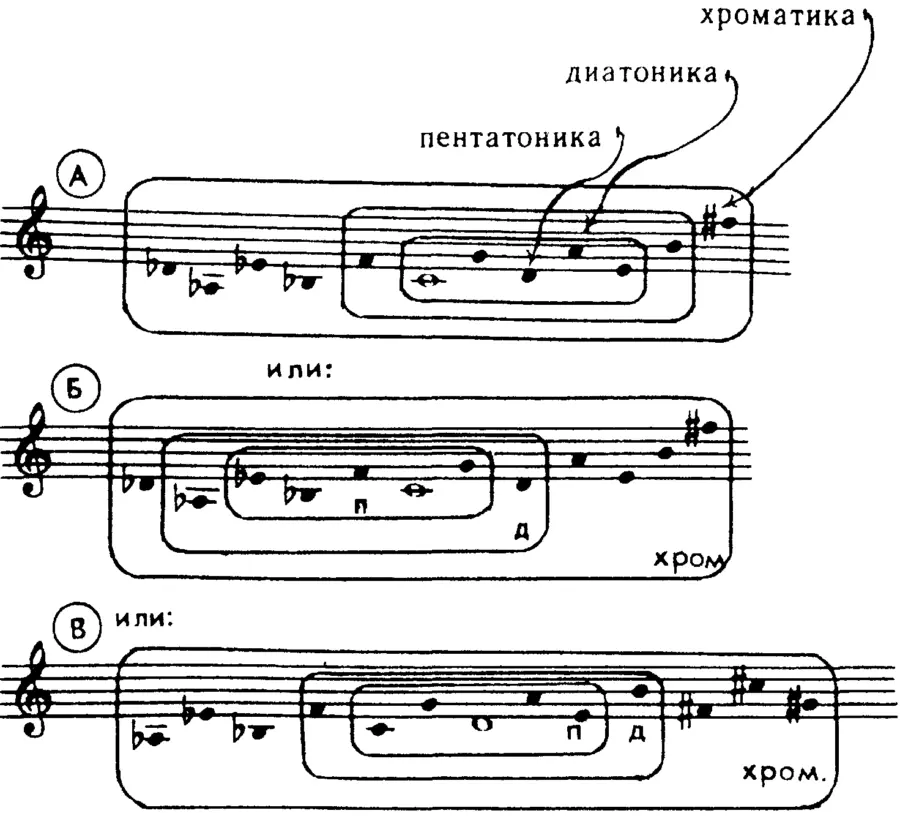
Musical psychology: the impact of music on humans
Contents
 Most likely, in the previous Soviet years, I would have had to start an article on a similar topic with V.I. Lenin’s classic statement about the music of the German composer L. van Beethoven, which the leader of the world proletariat called “divine” and “inhuman.”
Most likely, in the previous Soviet years, I would have had to start an article on a similar topic with V.I. Lenin’s classic statement about the music of the German composer L. van Beethoven, which the leader of the world proletariat called “divine” and “inhuman.”
Orthodox communists readily quote the first part of Lenin’s statement that music awakens sentimentality in him, that he wants to cry, pat children on the heads and say sweet nonsense. Meanwhile, there is a second part – far from being of such a sentimental nature: Ilyich seems to come to his senses and remembers that now is not the right time, “you shouldn’t stroke it, but hit it on the heads, and hit it painfully.”
One way or another, Lenin was talking specifically about the impact of music on a person, on his emotions and feelings. Is the voice of a singer or performer capable of touching the deepest strings of the soul and causing a real revolution in it? And how!
When everything hits the spot!
It is well known that fans love the art of song very selectively. Some people listen for the performer, others for the music and arrangement, and others enjoy good poetic text. It’s rare when everything comes together at one point – then we can talk about a musical masterpiece.
Do you know the feeling when, at the first sounds of another person’s voice, you get goosebumps, and then something like a chill happens, when you feel alternately hot and cold? Without a doubt!
“March, march, forward, working people!”
A voice may call to the barricades. Especially if it sounds like metal, unshakable confidence in the rightness of the cause, and a willingness to give his life for it. In the films “Young Guard”, girls doomed to death sing in chorus the Ukrainian folk song about the falcon “I Marvel at the Sky”; in the film “Maxim’s Youth” the prisoners take up “Varshavyanka”. The gendarmes silence them, but in vain.
High means piercing!
Voice is also timbre. Author’s singing – timbre singing. “Silver Voice” of Russia Oleg Pogudin is a performer with a high timbre. To some, such a performance seems unmasculine, unmanly. How to say… Here, for example, is the piercing Russian folk song “It’s not the wind that bends the branch” performed by him. It seems simply impossible not to be imbued with emotions:
Lower, lower…
And yet, performers with a low baritone, with a low timbre of voice, have a much more magical effect on the audience, especially on the female half. This is the French chansonnier Joe Dassin. In addition to his thoughtful appearance – a white shirt open on the chest, from under which dark hair was visible – he captivated listeners with the charisma and sincerity of his performance. From the first chords, from the first sounds of the voice, the soul is carried away somewhere into the distance – to the ideal, to the sky:
Finally, Vladimir Vysotsky – who saw every person in the hall, always worked with full dedication and could not wheeze when he sang about love. All the women were his!
In a word, the impact of music on a person is not just great – it is akin to catharsis. However, this is the topic of the next article…





